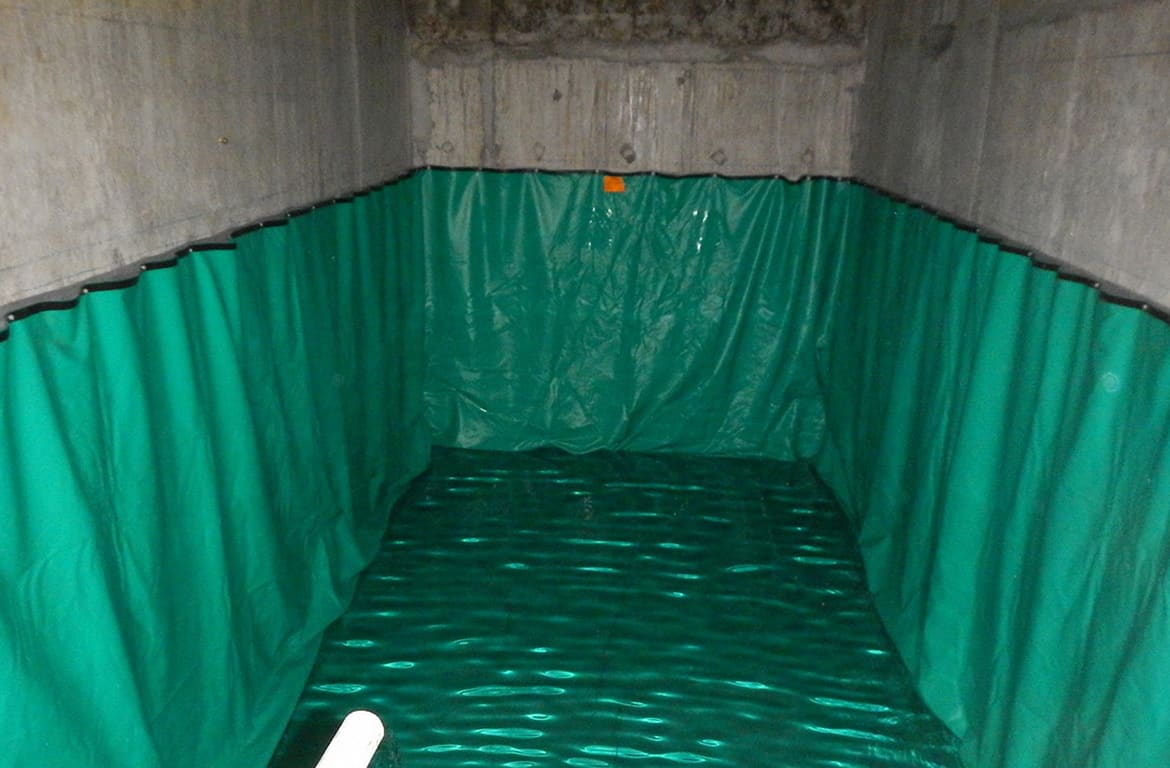In recent years, the importance of Legionella awareness training has surged as businesses and institutions strive to maintain health and safety standards. This training is crucial for anyone responsible for water systems management, especially in environments like hospitals, hotels, and office buildings where water systems are complex and extensive.
Understanding Legionella and Its Risks
Legionella bacteria can thrive in building water systems and are typically found in water supplies such as cooling towers, heaters, and storage tanks. When these bacteria become airborne through water droplets, they pose significant health risks, including Legionnaires’ disease, a severe form of pneumonia. Hence, controlling and preventing the growth of Legionella bacteria is critical for ensuring public health safety.
Key Components of Legionella Awareness Training
The training encompasses a comprehensive understanding of how Legionella bacteria proliferate and the conditions conducive to their growth. Participants learn about identifying risks, implementing control measures, and the importance of regular testing procedures. Effective training also includes the legal and compliance aspects, equipping individuals with the knowledge to adhere to regulations that govern water safety.
Legionella risk assessment goes hand in hand with awareness training. Assessing the potential risks in your water system is the first step in establishing a robust management plan to prevent Legionella outbreaks. A thorough risk assessment can help in identifying vulnerable areas and designing tailored solutions to mitigate risks.
The Role of Regular Training and Assessment
Frequent updates and assessments are paramount, as water systems may change over time due to renovations, usage patterns, or environmental conditions. Continuous awareness training ensures that staff remain vigilant and competent in maintaining safety standards. Understanding changes in regulatory requirements also allows for proactive measures rather than reactive fixes.
With increasing awareness, organizations are recognizing the cost-benefit of investing in Legionella training. It not only shields the organization from potential litigation due to health outbreaks but also reinforces a culture of safety and responsibility.
Conclusion
Promoting Legionella awareness training is vital to preventing outbreaks and protecting public health. Regular training and Legionella risk assessment are crucial components that empower organizations to manage their water systems efficiently. By fostering a proactive approach, businesses can ensure a safe environment for all occupants, demonstrating their commitment to health and safety globally.


